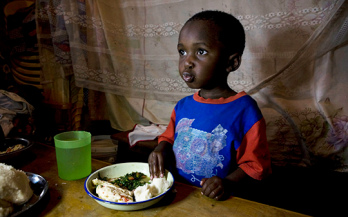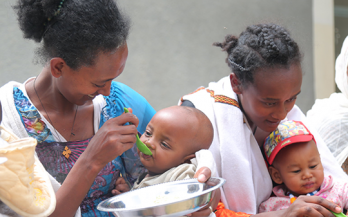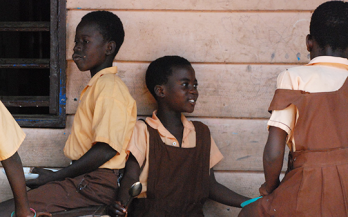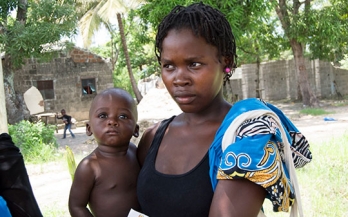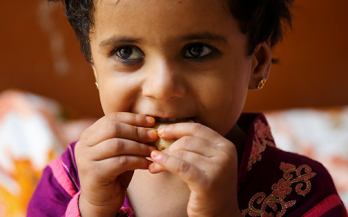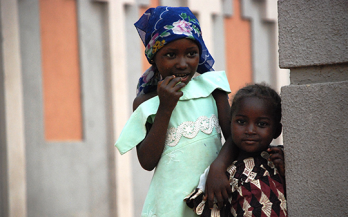Poor quality infant and young child (IYC) diets contribute to chronic under‐nutrition. To design effective IYC nutrition interventions, an understanding of the extent to which realistic food‐based strategies can improve dietary adequacy is required. The objective of this study was to assess the nutrient adequacy of children's diets in two rural agro‐ecological zones of Kenya.
Schoolchildren in Nigeria are rarely targeted by micronutrient interventions. This study determined the effects of a multi-micronutrient beverage on biochemical and anthropometric indicators of nutritional status among schoolchildren participating in a pilot school feeding program in Nasarawa State, Nigeria.
As stunting moves to the forefront of the global agenda, there is substantial evidence that behaviour change interventions (BCI) can improve infant feeding practices and growth. The objective of this study was to examine the design and implementation of complementary feeding behaviour change interventions, from the peer‐reviewed literature, to identify generalisable key determinants.
Vitamin and mineral deficiencies, particularly those of iron, vitamin A and zinc, affect more than two billion people worldwide. The purpose of this study was to assess the effects and safety of home (point-of-use) fortification of foods with multiple micronutrient powders on nutritional, health, and developmental outcomes in children under two years of age.
This paper presents a picture of the general patterns of complementary feeding behaviours in urban Ghana. This study examined the multiple factors that influence the selection of foods for infants and young children.
The purpose of this study is provide nationally representative data on the prevalence of anaemia, vitamin A and Fe deficiencies among pre-school age children (pre-SAC) and non-pregnant women of reproductive age (WRA), and on vitamin B12 and folate deficiencies in WRA, and the influence of inflammation on their interpretation.
Docosahexanoic acid (DHA) is an important constituent of the brain. Evidence from well-designed intervention trials of the long-term benefits of increasing DHA intake during pregnancy has been sparse. This study evaluated global cognition, behavior, and attention at age 5 years in the offspring of Mexican women who participated in a randomized controlled trial of prenatal DHA supplementation.
Performance-based financing (PBF) directed at healthcare providers has shown potential to improve quantity and quality of maternal and child health services. This study implemented a longitudinal-controlled proof-of-concept PBF intervention at health facilities and with community-based associations focused on preventing vertical transmission of HIV (PVT) in rural Mozambique.
The 2017 Pakistan Fortification Assessment Coverage Toolkit (FACT) survey is a cross-sectional survey, comprised of a provincially-representative household assessment in three provinces (Balochistan, Punjab, and Sindh) and a market assessment in four provinces (Balochistan, Punjab, Sindh, and Khyber Pakhtunkhwa).
The 2017 Nigeria Fortification Assessment Coverage Toolkit (FACT) survey is a cross-sectional survey, comprised of a state-level representative household and market assessments in the two states of Ebonyi and Sokoto.



